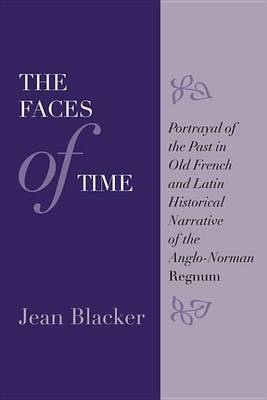The twelfth century witnessed the sudden appearance and virtual disappearance of an important literary genre-the Old French verse chronicle. These poetic histories of the British kings, which today are treated as fiction, were written contemporaneously with Latin prose narratives, which are regarded as historical accounts. In this pathfinding study, however, Jean Blacker asserts that twelfth-century authors and readers viewed both genres as factual history.
Blacker examines four Old French verse chronicles-Gaimar's Estoire des Engleis (c. 1135), Wace's Roman de Brut (c. 1155) and Roman de Rou (c. 1160-1174), and Benoit de Sainte-Maure's Chronique des Ducs de Normandie (c. 1174-1180) and four Latin narratives-William of Malmesbury's Gesta Regum (c. 1118-1143) and Historia Novella (c. 1140-1143), Orderic Vitalis's Historia Ecclesiastica (c. 1118-1140), and Geoffrey of Monmouth's Historia Regum Britanniae (c. 1138). She compares their similarity in three areas-the authors' stated intentions, their methods of characterization and narrative development, and the possible influences of patronage and audience expectation on the presentation of characters and events.
This exploration reveals remarkable similarity among the texts, including their idealization of historical and even legendary figures, such as King Arthur. It opens fruitful lines of inquiry into the role these writers played in the creation of the Anglo-Norman regnum and suggests that the Old French verse chronicles filled political, psychic, and aesthetic needs unaddressed by Latin historical writing of the period.
- ISBN10 0292769571
- ISBN13 9780292769571
- Publish Date 30 June 2014 (first published 15 December 1994)
- Publish Status Active
- Publish Country US
- Imprint University of Texas Press
- Format eBook
- Language English
